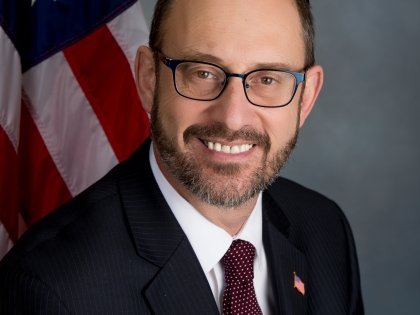
Senator Felder applauds Governor Hochul for supporting bill to help more New Yorkers gain access to Applied Behavior Analysis (ABA)
January 13, 2022
-
ISSUE:
- Behavioral Health

Governor Kathy Hochul recently signed legislation into law, supported by Senator Simcha Felder (D-Brooklyn), allowing licensed behavior analysts in New York to provide behavioral health treatment to more individuals with a wider range of health disorders. Previously, behavior analysts in New York were only allowed to treat autism and autism spectrum disorders, exclusively. This newly signed law will remove the restriction and allow licensed behavior analysts to fully utilize their training by providing behavioral health treatment to individuals with Down Syndrome, Traumatic Brain Injury, Attention Deficit Hyperactivity Disorder, Obsessive-Compulsive Disorder, Dementia, Drug Addiction and other health conditions.
“The profession of behavior analysis has made countless improvements in the lives of individuals with many disorders other than autism, and should not be defined by a particular disorder. I applaud Governor Hochul for signing this important legislation into law, thereby expanding access to Applied Behavior Analysis (ABA) and bringing New York State in line with the rest of the country,” said Senator Simcha Felder. “For those struggling with different mental health or developmental diagnoses, this change in the law will increase access to life-changing treatment.”
The new law (S.1662-B/A.3523-A) will make behavior analyst licenses in New York consistent with other states. According to the New York State Association for Behavior Analysis (NYSABA), New York was the only state in the country that restricted the license for Behavior Analysts to only the treatment individuals diagnosed with autism.
According to NYSABA, Applied Behavior Analysis generally involves teaching individuals more effective ways of behaving and working to change their circumstances. Treatment approaches based on ABA have been empirically shown to be effective for a wide variety of populations and circumstances, including education, ADHD, autism, drug and alcohol addiction, brain injury, and obesity, among many others.

